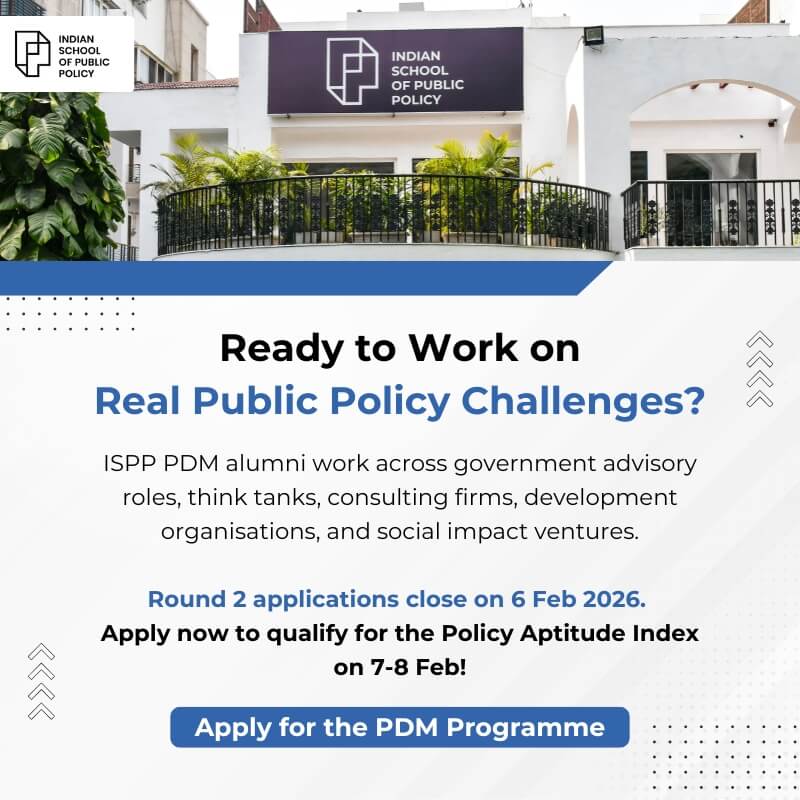Design has been defined variously as a ‘User-led problem-solving process’ or a ‘Human-centered opportunity-resolution journey’. Design goes beyond aesthetics and is about evolution and progress; the underlying force behind creating compelling new things, new policies, new services, new brands and even new business-models. Design is about discovering what people really want or need and translating… Continue reading Design Thinking
Category: Academics
ISPP Academics showcases public policy learning, courses, labs, workshops, and insights to equip future policy leaders with practical skills and knowledge.
Design Thinking
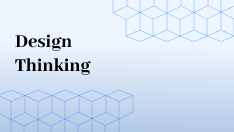
Critical thinking
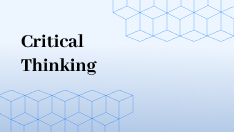
Critical thinking is the ability to evaluate an argument. An argument is an attempt to persuade someone that a claim is true by giving reasons. Arguments proliferate in scholarly, civic, and personal discourse. Participants of this course will learn the tools and language that philosophers, lawyers, and rhetoricians use to reflect on such questions. What… Continue reading Critical thinking
Structures of Government
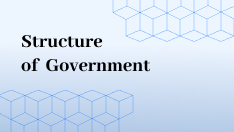
This course explores the intricacies of governmental structure. It has been designed to provide a comprehensive understanding of how public systems are organised and function. Through engaging and interactive sessions, participants will delve into the various roles and the critical importance of government, the different forms it can take, and its organisational staffing. The course… Continue reading Structures of Government
Writing and Communication Lab
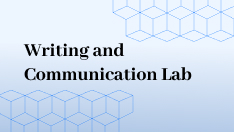
The Writing and Communication Lab at ISPP is designed to refine scholars’ abilities to engage public policy stakeholders effectively. It provides apprentice-style training that enhances verbal, non-verbal, and written communication skills, tailored for use in development, corporate, and academic settings. The lab offers a robust curriculum that includes public policy communication, academic writing, and business… Continue reading Writing and Communication Lab
Quant Lab

This workshop will provide scholars with the knowledge and skills to examine and solve complicated policy dilemmas in a fast-paced setting. Scholars will be trained in various analytical frameworks and problem-solving strategies, using hands-on practice on policy case studies. The workshop will include academic lectures and practice, emphasising increasing the scholar’s ability to swiftly and… Continue reading Quant Lab
Policy Praxis Lab
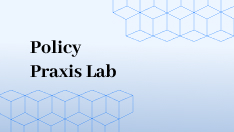
Public policy governs every action one takes as well as the outcomes of these actions. The Policy Praxis Lab will train one to understand why and how to make public policy work for the public. The lab explores a range of policy-related questions: How should markets be organised? What is health policy? How does public… Continue reading Policy Praxis Lab
Policy Case Consulting workshop
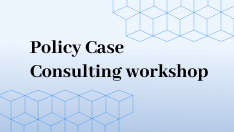
This workshop will provide scholars with the knowledge and skills to examine and solve complicated policy dilemmas in a fast-paced setting. Scholars will be trained in various analytical frameworks and problem-solving strategies, using hands-on practice on policy case studies. The workshop will include academic lectures and practice, emphasising increasing the scholar’s ability to swiftly and… Continue reading Policy Case Consulting workshop
Antarang Leadership Lab
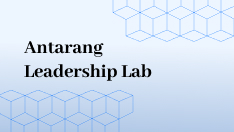
The Antarang Leadership Lab (ALL) is an experiential lab. Antarang means ‘intimate’ and the lab is meant to create a comfortable space where scholars can have conversations amongst friends on issues that are relevant to their personal development as leaders. ALL gives our scholars hands-on, practical experience to build their leadership skills to help them… Continue reading Antarang Leadership Lab
Statistics Part II
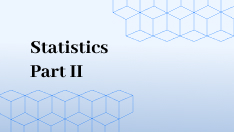
This course on Statistical Analysis for Policy Research -II is designed for public policy scholars to understand the essential tools of statistical inference and establish causal relationships among the policy research variables. It begins with a discussion of one and two-way ANOVA, then moves on to explain the concept of multiple regression with emphasis on… Continue reading Statistics Part II
Statistics Part I
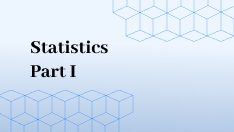
This course on Statistical Analysis for Policy Research is designed for scholars of public policy to develop an understanding of the importance of data and data analysis in policy formulation and research. It aims to develop statistical thinking among the learners and essential skills such as data summarisation, data presentation and visualisation, and model fitting… Continue reading Statistics Part I

